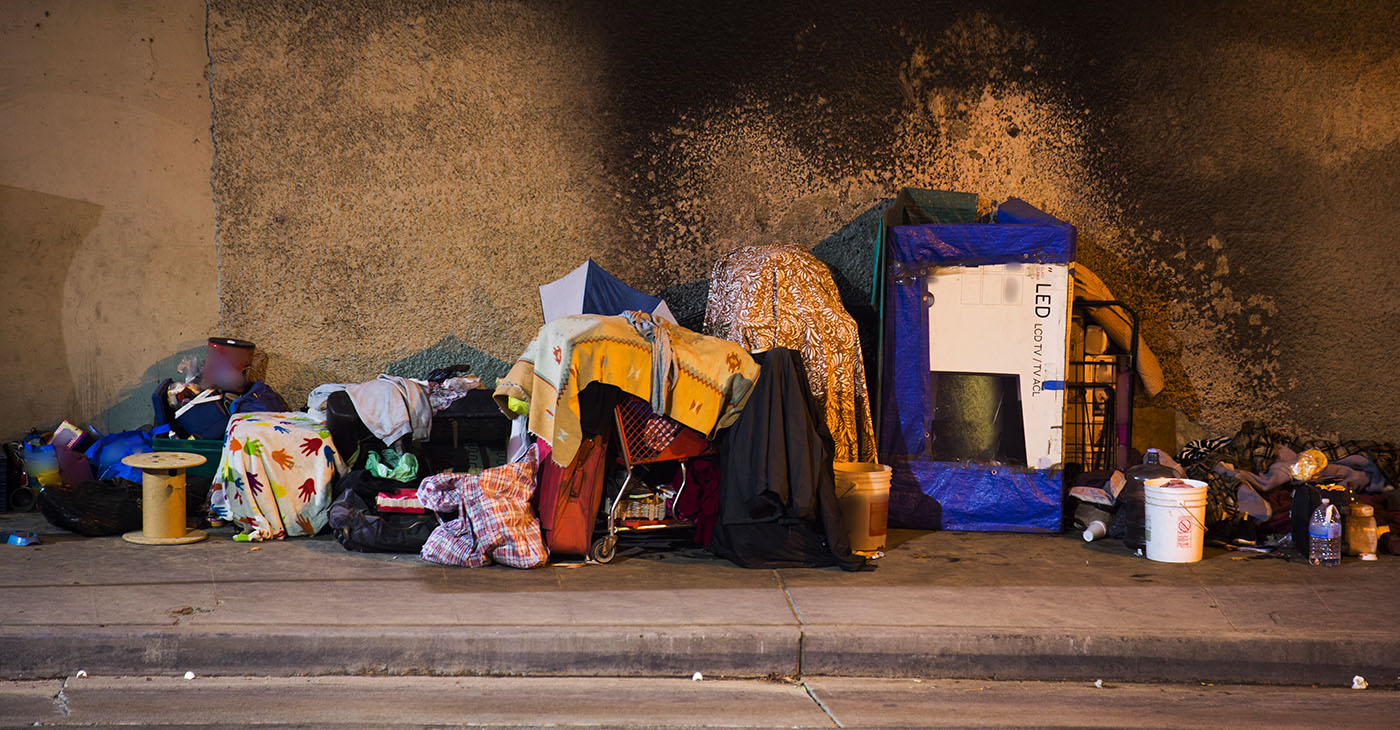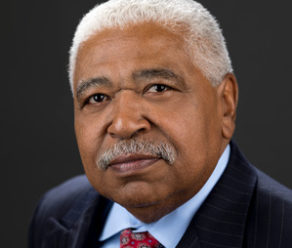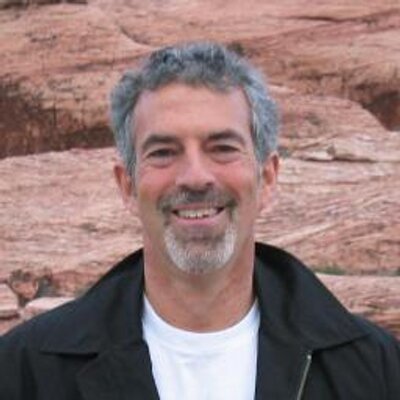Activism
Crime and Homelessness Reach an All-Time High
These depressing findings were recorded in a poll conducted by the Jobs and Housing Coalition (JHC) between October 16 and 18. They mark an all-time high in negative responses when Oakland residents are asked how they feel about the quality of their lives in Oakland and the direction of the city.

Residents Want to Know What Can Be Done About It
By Paul Cobb
Editor’s note: This is the first in a series of interviews with Greg McConnell who commissioned David Binder Research (President Obama’s polling firm) to find out the issues Oakland voters are concerned with.
Sixty-six percent (66%) of Oakland residents feel that the quality of their lives has gotten worse over the past few years. Sixty-three percent (63%) feel that Oakland is headed in the wrong direction.

Greg McConnell
These depressing findings were recorded in a poll conducted by the Jobs and Housing Coalition (JHC) between October 16 and 18. They mark an all-time high in negative responses when Oakland residents are asked how they feel about the quality of their lives in Oakland and the direction of the city.
Negative opinion has reached a new high over the last 10 years according to David Binder Research.
This trend has been steadily rising since 2015, however, the trend erupted in a 10-point leap in negative responses – from 53% to 63% – since last June.
The three most pressing issues that Oakland residents cited were homelessness and crime, which were virtually tied, and the cost of housing/rents which came in third place. No other issue was reported as a double-digit concern.

David Binder
“It would be foolish to overlook the obvious,” said Greg McConnell, president and CEO of JHC. “People believe their quality of life is sinking, and the city is headed in the wrong direction. We cannot not ignore those feelings or dress them up to make them go away. So, our options are either to surrender the city to the current trend of negativity or turn things around.”
The question now, asked McConnell, is how do we turn things around? “The last thing we need are big speeches and proclamations. You fix big problems by focusing on the small parts. My recommendation is to get government working more effectively.”
“Oakland must start doing the small things well,” explained McConnell. “Take the homeless crisis for example. This problem will not be solved with lofty speeches. Addressing mental health and addiction issues must be done one day and one issue at a time. No one gets sober overnight. They build one day on another until they have 24 hours, then 30 days, then years.”
The same is true with shelter for the unhoused. Oakland will not build thousands of housing units in a day. They chip away at the problem by building new units every day until we have a sufficient supply. “Doing little things well will impact the big things greatly,” McConnell continued.
“There will always be big political decisions like whether to fund or defund police, but to make a city better, it’s what we do every day that will make a difference and improve life in Oakland”, said McConnell. “If we operate government like government is supposed to operate and if government focuses on small things day by day, resident negativity, depression, and pessimism will fade away.”
Activism
Oakland Post: Week of April 24 – 30, 2024
The printed Weekly Edition of the Oakland Post: Week of April 24 – 30, 2024

To enlarge your view of this issue, use the slider, magnifying glass icon or full page icon in the lower right corner of the browser window. ![]()
Activism
Oakland Post: Week of April 17 – 23, 2024
The printed Weekly Edition of the Oakland Post: Week of April 17 – 23, 2024

To enlarge your view of this issue, use the slider, magnifying glass icon or full page icon in the lower right corner of the browser window. ![]()
Activism
Oakland Schools Honor Fred Korematsu Day of Civil Liberties
Every Jan. 30, OUSD commemorates the legacy of Fred Korematsu, an Oakland native, a Castlemont High School graduate, and a national symbol of resistance, resilience, and justice. His defiant stand against racial injustice and his unwavering commitment to civil rights continue to inspire the local community and the nation. Tuesday was “Fred Korematsu Day of Civil Liberties and the Constitution” in the state of California and a growing number of states across the country.

By Post Staff
Every Jan. 30, OUSD commemorates the legacy of Fred Korematsu, an Oakland native, a Castlemont High School graduate, and a national symbol of resistance, resilience, and justice.
His defiant stand against racial injustice and his unwavering commitment to civil rights continue to inspire the local community and the nation. Tuesday was “Fred Korematsu Day of Civil Liberties and the Constitution” in the state of California and a growing number of states across the country.
One OUSD school is named in his honor: Fred T. Korematsu Discovery Academy (KDA) elementary in East Oakland.
Several years ago, founding KDA Principal Charles Wilson, in a video interview with anti-hate organization “Not In Our Town,” said, “We chose the name Fred Korematsu because we really felt like the attributes that he showed in his work are things that the children need to learn … that common people can stand up and make differences in a large number of people’s lives.”
Fred Korematsu was born in Oakland on Jan. 30, 1919. His parents ran a floral nursery business, and his upbringing in Oakland shaped his worldview. His belief in the importance of standing up for your rights and the rights of others, regardless of race or background, was the foundation for his activism against racial prejudice and for the rights of Japanese Americans during World War II.
At the start of the war, Korematsu was turned away from enlisting in the National Guard and the Coast Guard because of his race. He trained as a welder, working at the docks in Oakland, but was fired after the bombing of Pearl Harbor in 1941. Fear and prejudice led to federal Executive Order 9066, which forced more than 120,000 Japanese Americans out of their homes and neighborhoods and into remote internment camps.
The 23-year-old Korematsu resisted the order. He underwent cosmetic surgery and assumed a false identity, choosing freedom over unjust imprisonment. His later arrest and conviction sparked a legal battle that would challenge the foundation of civil liberties in America.
Korematsu’s fight culminated in the Supreme Court’s initial ruling against him in 1944. He spent years in a Utah internment camp with his family, followed by time living in Salt Lake City where he was dogged by racism.
In 1976, President Gerald Ford overturned Executive Order 9066. Seven years later, the 9th Circuit Court of Appeals in San Francisco vacated Korematsu’s conviction. He said in court, “I would like to see the government admit that they were wrong and do something about it so this will never happen again to any American citizen of any race, creed, or color.”
Korematsu’s dedication and determination established him as a national icon of civil rights and social justice. He advocated for justice with Rosa Parks. In 1998, President Bill Clinton gave him the Presidential Medal of Freedom saying, “In the long history of our country’s constant search for justice, some names of ordinary citizens stand for millions of souls … To that distinguished list, today we add the name of Fred Korematsu.”
After Sept. 11, 2001, Korematsu spoke out against hatred and discrimination, saying what happened to Japanese Americans should not happen to people of Middle Eastern descent.
Korematsu’s roots in Oakland and his education in OUSD are a source of great pride for the city, according to the school district. His most famous quote, which is on the Korematsu elementary school mural, is as relevant now as ever, “If you have the feeling that something is wrong, don’t be afraid to speak up.”
-

 Community2 weeks ago
Community2 weeks agoFinancial Assistance Bill for Descendants of Enslaved Persons to Help Them Purchase, Own, or Maintain a Home
-

 Activism3 weeks ago
Activism3 weeks agoOakland Post: Week of April 3 – 6, 2024
-

 Business2 weeks ago
Business2 weeks agoV.P. Kamala Harris: Americans With Criminal Records Will Soon Be Eligible for SBA Loans
-

 Activism2 weeks ago
Activism2 weeks agoOakland Post: Week of April 10 – 16, 2024
-

 Community2 weeks ago
Community2 weeks agoAG Bonta Says Oakland School Leaders Should Comply with State Laws to Avoid ‘Disparate Harm’ When Closing or Merging Schools
-

 Community1 week ago
Community1 week agoOakland WNBA Player to be Inducted Into Hall of Fame
-

 Community1 week ago
Community1 week agoRichmond Nonprofit Helps Ex-Felons Get Back on Their Feet
-

 Community2 weeks ago
Community2 weeks agoThe Year Ahead: Assembly Speaker Rivas Discusses Priorities, Problems























































